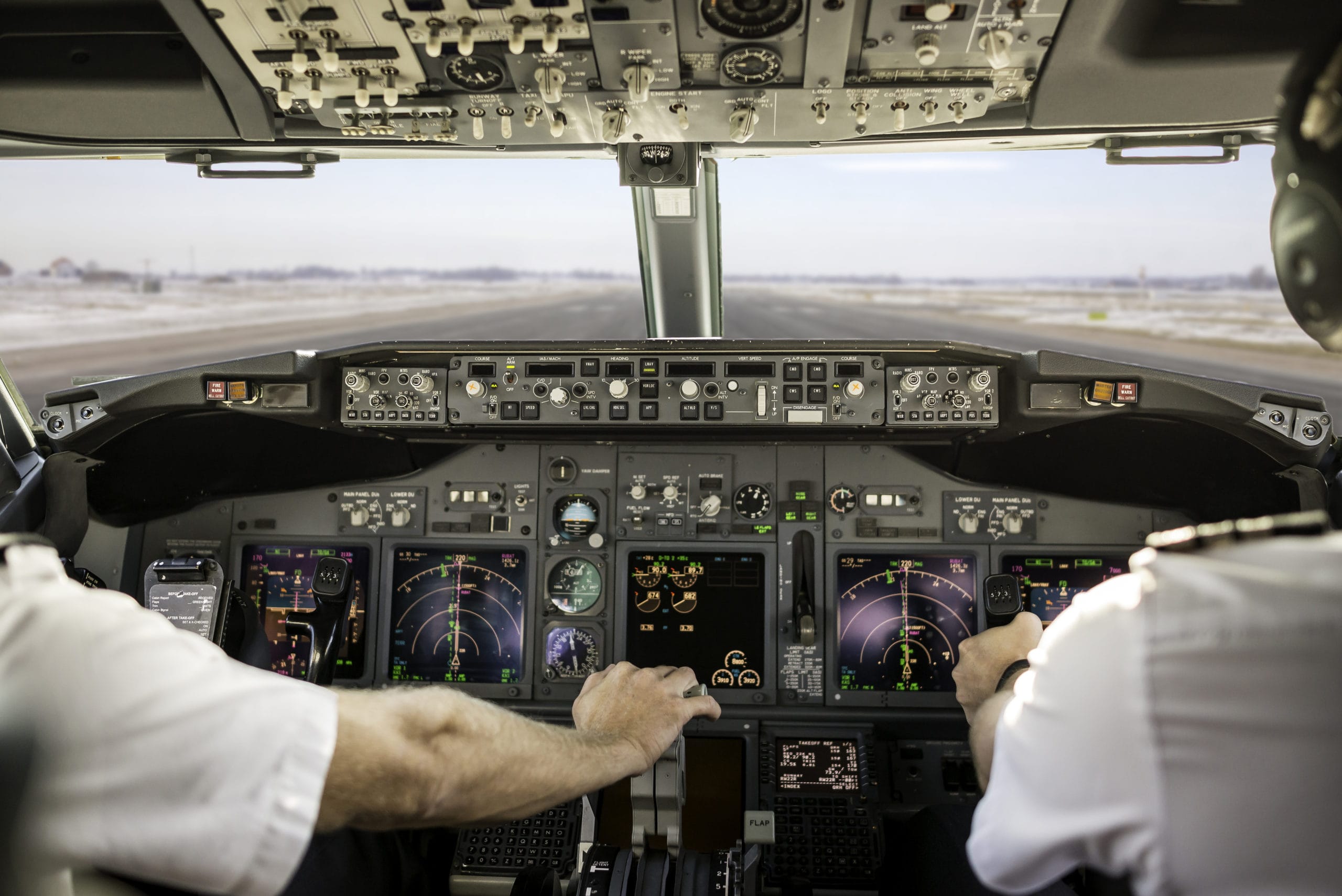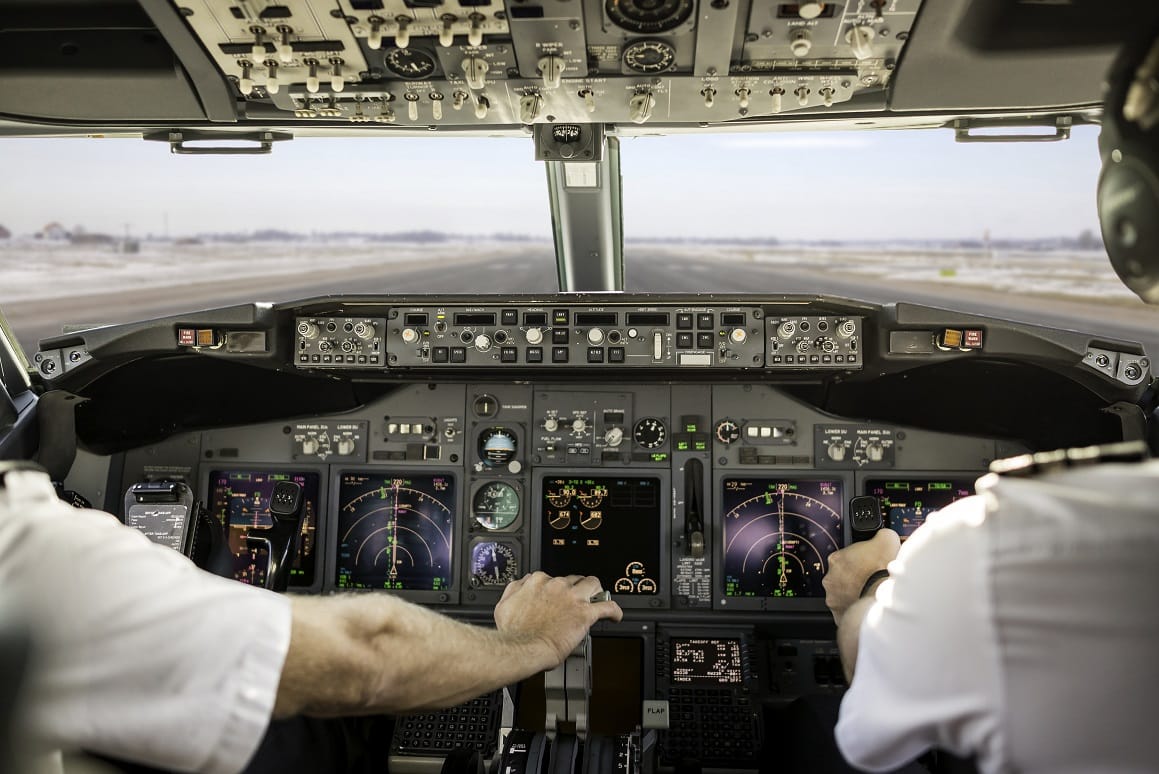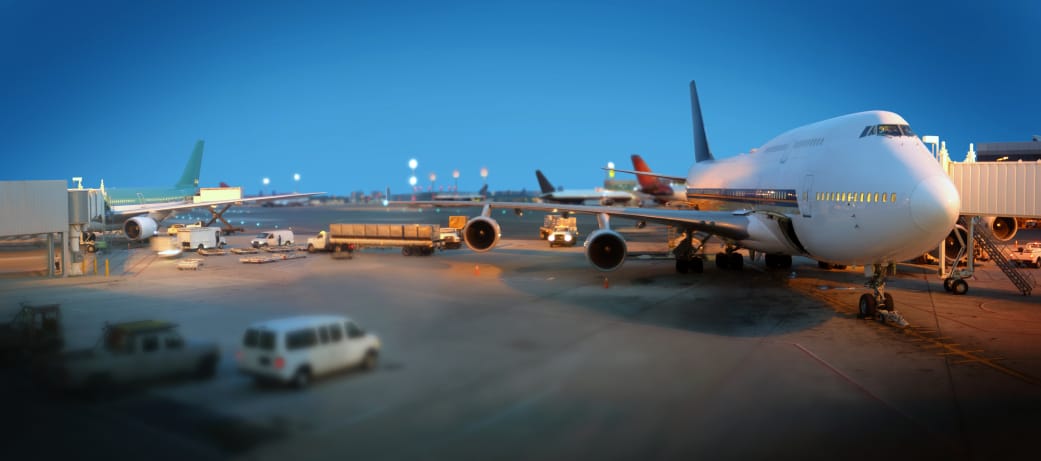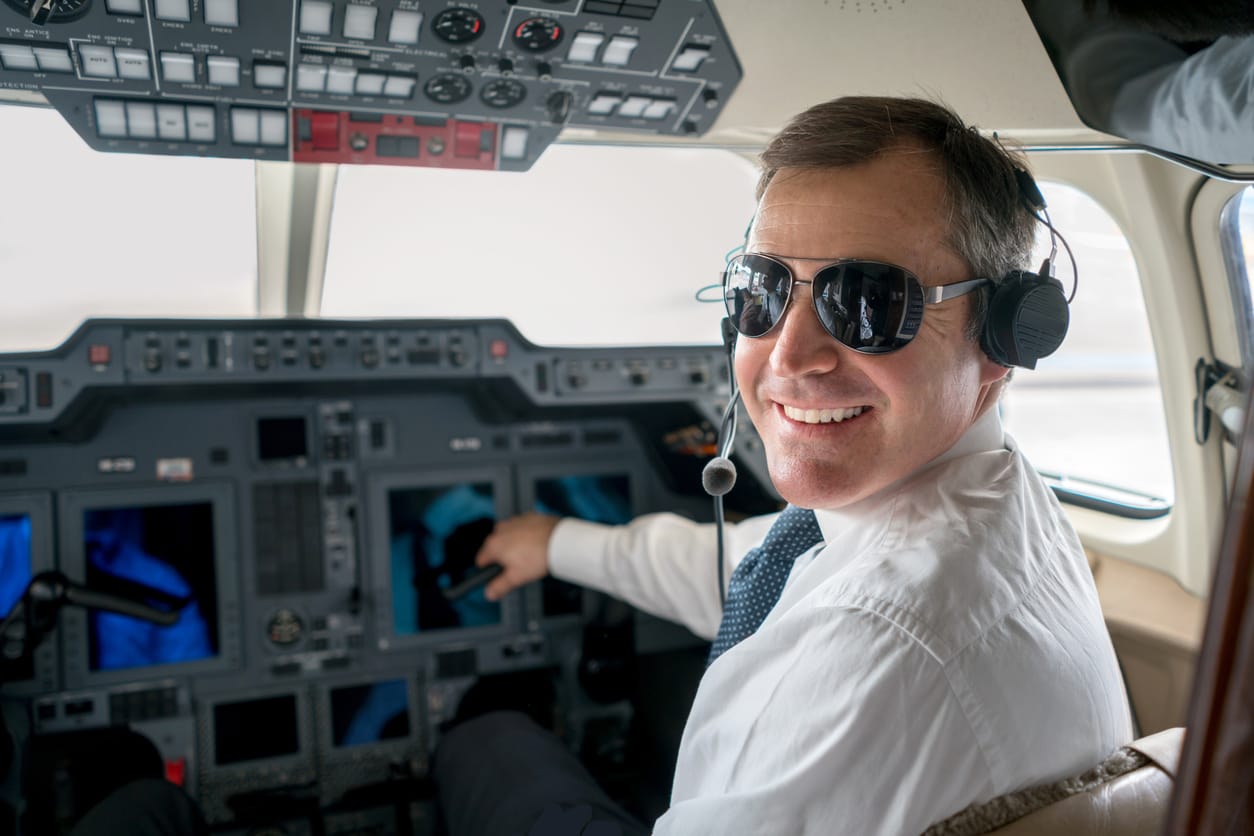When pilots reveal to a new acquaintance what they do for a living, the next question is usually: “Which airline?” While major and regional airlines, as well as the military, employ the majority of pilots, a significant portion of the pilot population works in general aviation or for a charter flight company. It is a career path which, due to the pilot shortage and improved economy, is becoming more viable for pilots seeking a commercial career.
Charter pilots, since they tend to fly smaller and less powerful aircraft, typically command lower salaries than those flying widebody jets internationally. However, the schedules of charter pilots are overall more forgiving than those flying for airlines, and they tend to spend much more time at home. Charter pilots typically fly their clients for shorter distances than do pilots for major airlines, and some fly cargo as well.
Some pilots prefer to fly charter because they simply enjoy the more intimate experience of flying small jets or turbine aircraft and have no interest in highly computerized cockpits. Others enjoy face-to-face contact with their clients and having a relationship with repeat passengers; they might also prefer to be employees of a small company or a single person. Still, others wish to avoid the more regulated nature of airline life and dealing with large airports and security on a daily basis—they would rather fly in and out of general aviation-friendly airports and working with FBOs.
Where Should I Start?
Before sitting down with ads or charter-only job searches, several FAA requirements must be in place. Those who have earned a private pilot’s license, with few exceptions, are not permitted to receive money, favors, or other forms of compensation in exchange for flying. However, pilots who have a commercial certificate may receive a salary and benefits in exchange for charter work.
Criteria for becoming a commercial pilot are more stringent than the hurdles a student must clear for completing the private. As with the private pilot’s license, commercial pilots have to demonstrate an ability to read, write, and speak English, as well as pass a medical exam. They must be 18 and pass a multiple-choice knowledge test. Flight experience and training must total 250 hours. A practical exam is also necessary. It’s a great deal to undertake, but many happy charter pilots will affirm that flying for a living is more than worth it. Completing the commercial requirements mean the pilot has demonstrated fine control of the aircraft.
Laying the Groundwork
Most people who hire charter pilots demand a certain amount of hours as pilot in command before they will consider them as candidates. Most pilots accumulate these hours through a number of different avenues: as flight instructors, banner towers, pipeline or traffic flyers, and aerial tour guides.
All of these jobs offer significant experience outside of the flight hours and salaries they offer. These positions often referred to as “low-time” or “low-hours” jobs, help pilots to learn how to work with others in the cockpit, as well as strangers in the cabin. They offer pilots the opportunity to check the weather and make safety decisions on behalf of not only themselves but their company and passengers. In addition to providing a chance to sharpen piloting skills, low-time jobs can improve such “soft skills” as learning to work as a team, adhering to schedules, caring for one or several airplanes, and allowing for flexibility.
More than anything during this period, it’s important for new commercial pilots to conduct themselves professionally at all times. The aviation community is a small one, and a reputation of unsafe flying, harsh treatment of others, missing flights, or other unprofessional behavior can follow a pilot throughout his career. Networking, acting in a friendly manner to others, showing concern for clients, following company guidelines, and mentoring newer pilots are as vital to a new commercial pilot as any job interview.
Success As a Charter Pilot
Charter pilots can work for larger companies such as FlexJet or NetJets, which offer some of the benefits and job security of airline jobs such as health insurance and scheduled flow of clients. They operate much like airlines, but typically out of small airports with FBOs instead of huge terminals. They are usually hired for a single round-trip flight, or a loose schedule might exist. Pilots with these companies usually must adhere to a dress code rather than wear uniforms and may not have much freedom when it comes to imprinting their personal style on their careers.
Some pilots work for large or even small companies that are not involved in aviation. They might be pharmaceutical corporations, real estate brokerages, or even sports teams. The job of these pilots are to fly anyone involved with the company wherever they need to be. Schedules are usually not regular and can change from moment to moment.
Some pilots are attached solely to individuals. These pilots might experience a great deal of variety. Since these pilots often work directly for the person for whom they are flying, they must be prepared to accommodate this person’s whims, demands, and terms.
Be Your Own Small Business
Some charter pilots don’t work directly for other companies. Instead, they lease or own an airplane and charter customers individually. Some manage this with a business loan. This isn’t always the cheapest route to a career as a charter pilot, but it does offer the most flexibility and command over the progression of one’s career.
Self-employed charter pilots must see to their own marketing, insurance, and health care, as well as that for their employees. They must also see to their own air charter certificate, and they are responsible to the FAA for staying within its regulations. On the upside, self-employed charter pilots, exercise a great deal of freedom and enjoy the flexibility to conduct their careers on their own terms. For example, if a pilot wishes to live elsewhere or if he doesn’t have enough clients in one location, he can literally fly off to other opportunities.
Ready to soar in your aviation career?
Mr. Matthew A. Johnston has over 23 years of experience serving various roles in education and is currently serving as the President of California Aeronautical University. He maintains memberships and is a supporting participant with several aviation promoting and advocacy associations including University Aviation Association (UAA), Regional Airline Association (RAA), AOPA, NBAA, and EAA with the Young Eagles program. He is proud of his collaboration with airlines, aviation businesses and individual aviation professionals who are working with him to develop California Aeronautical University as a leader in educating aviation professionals.









